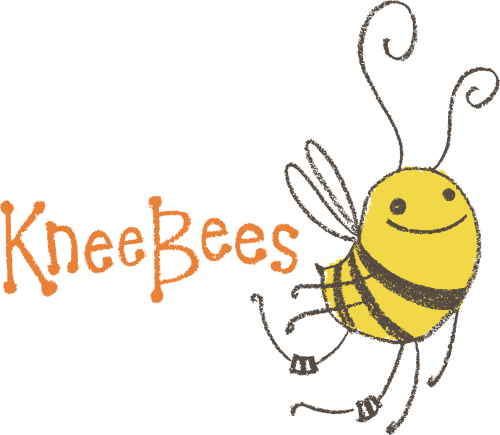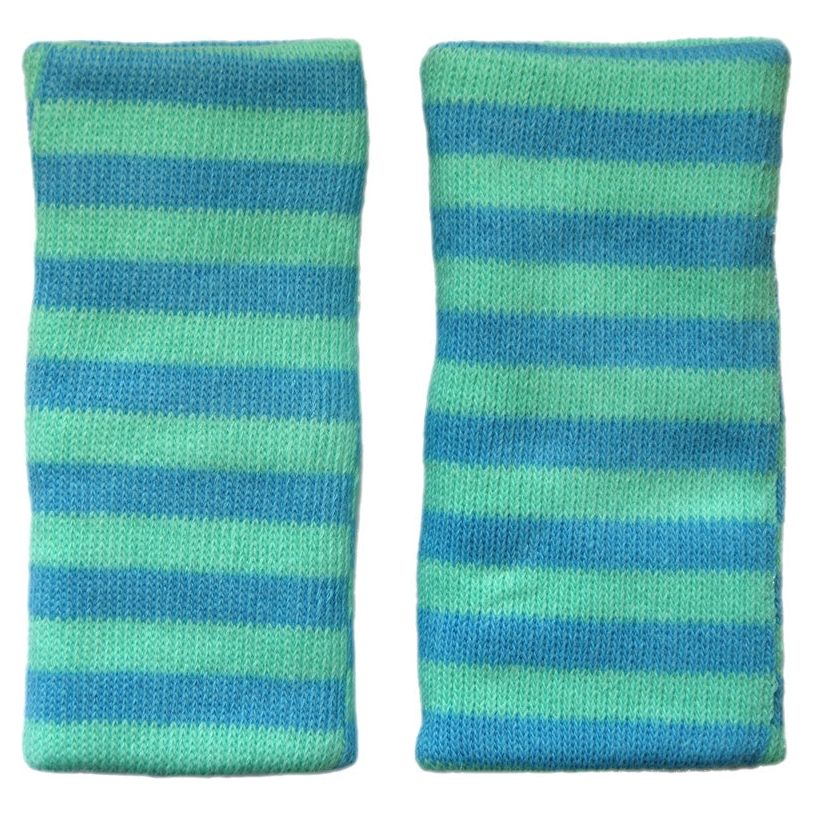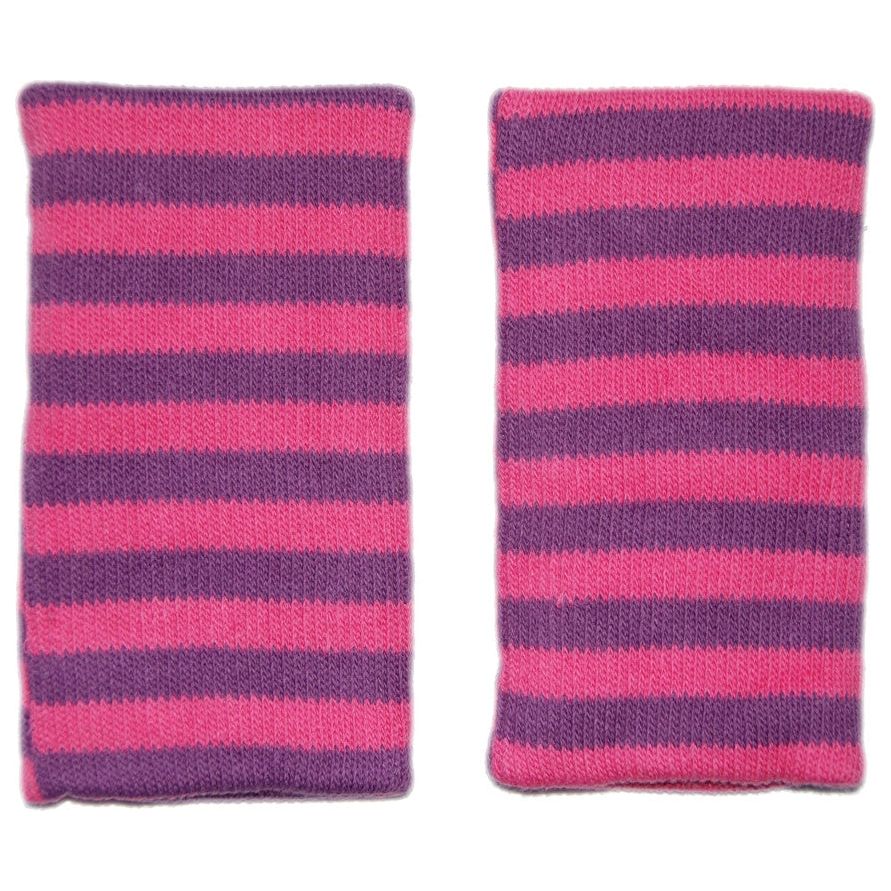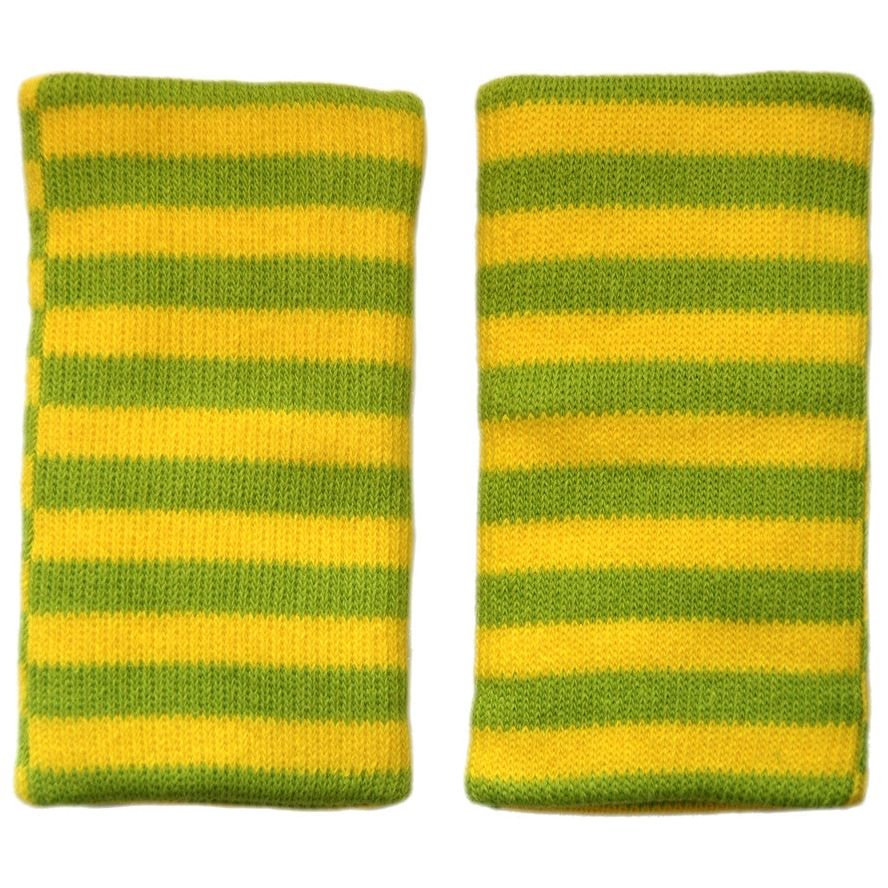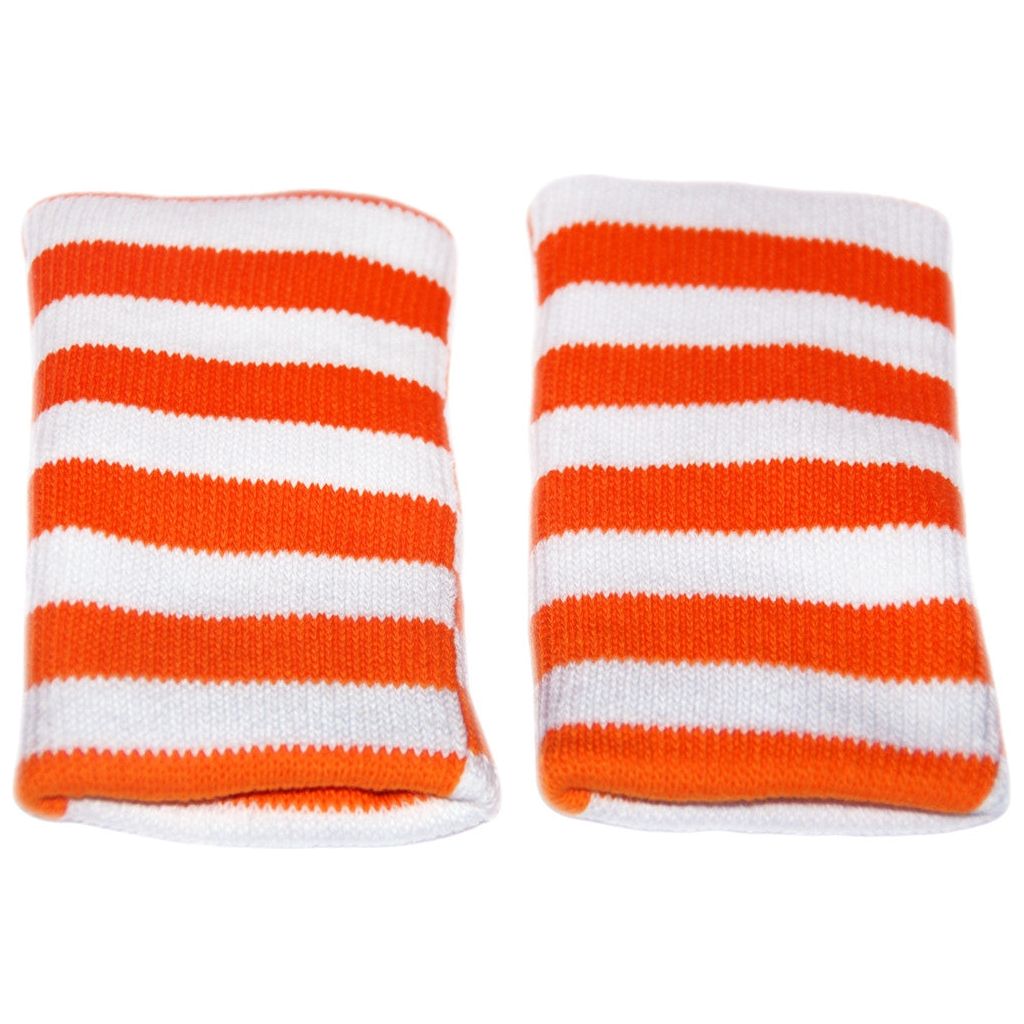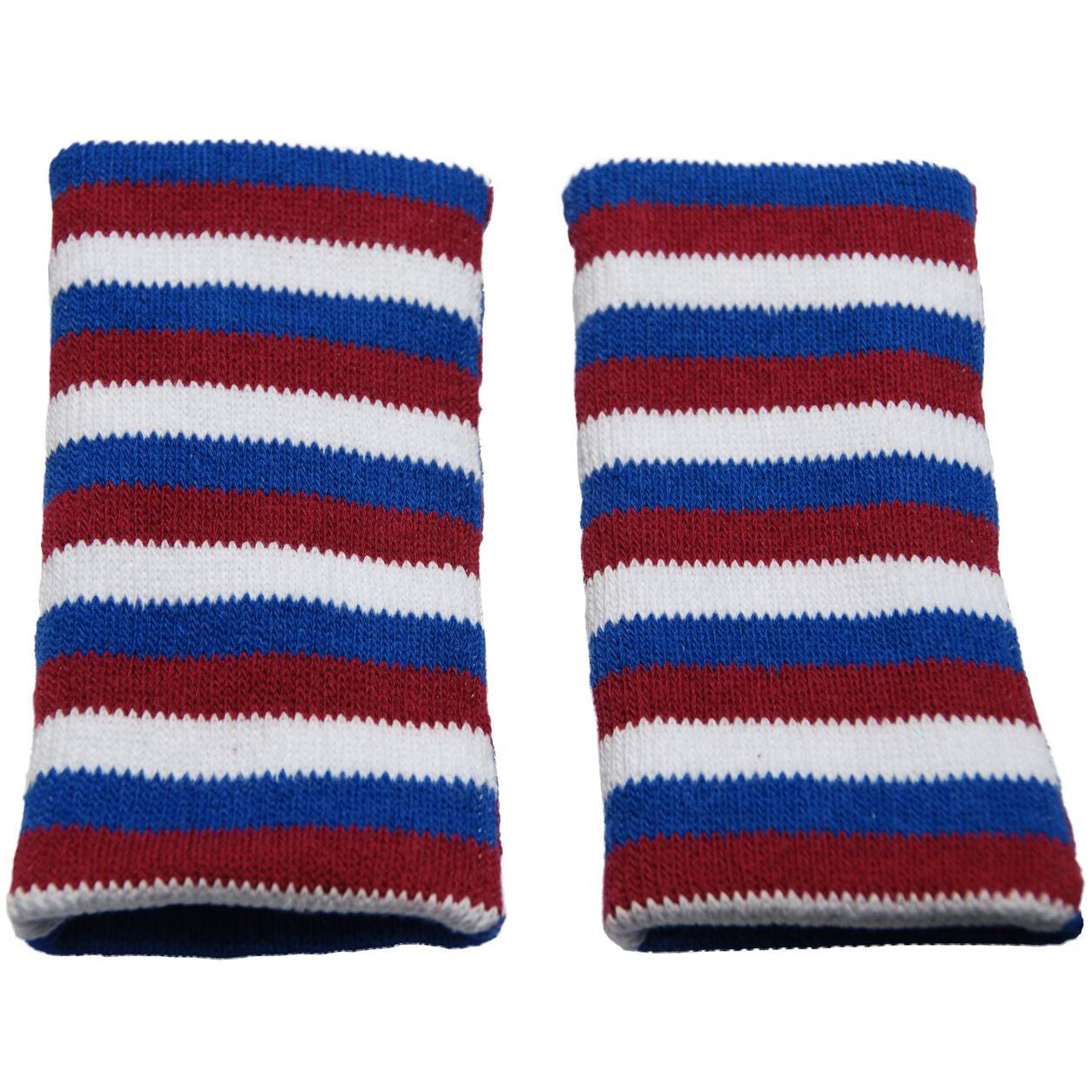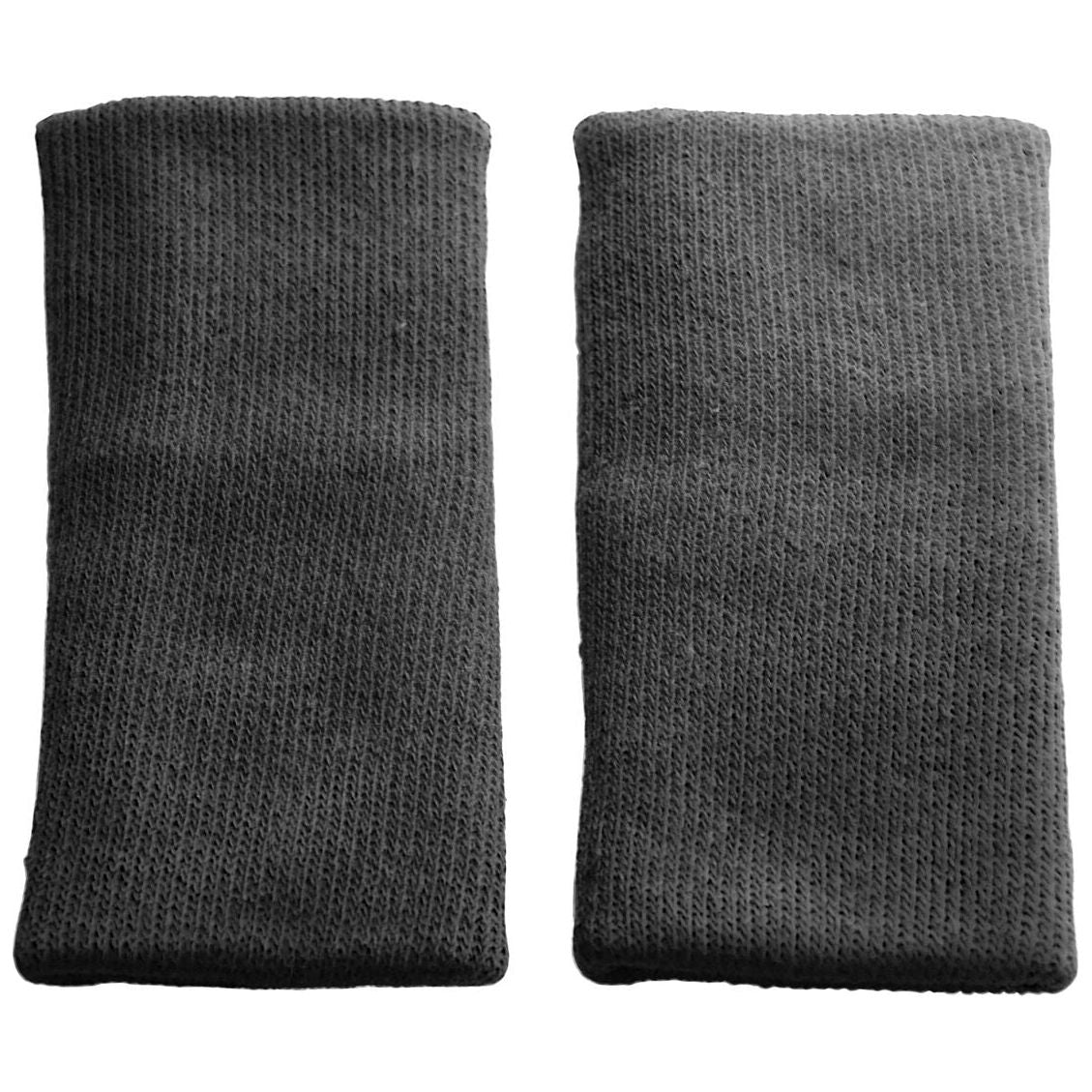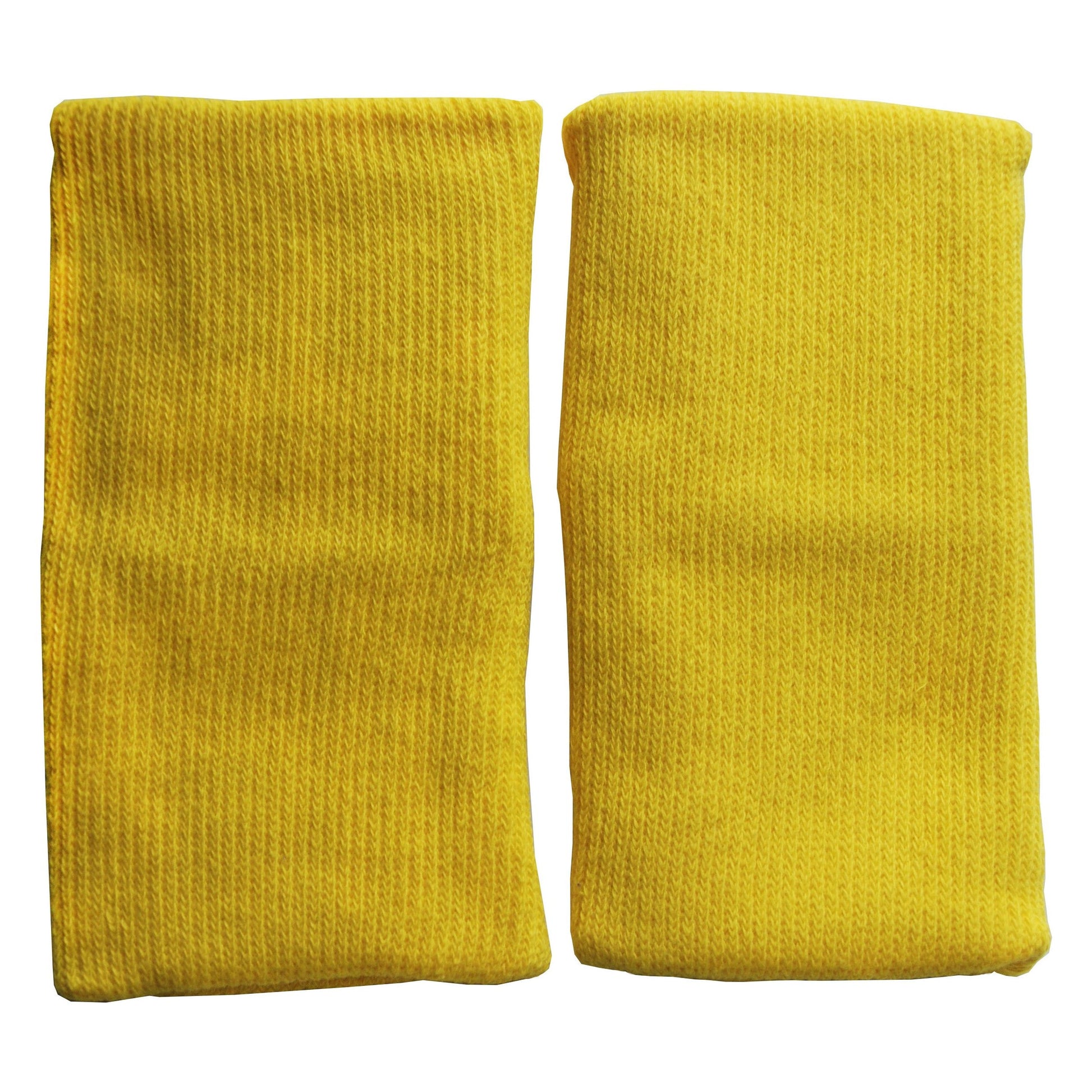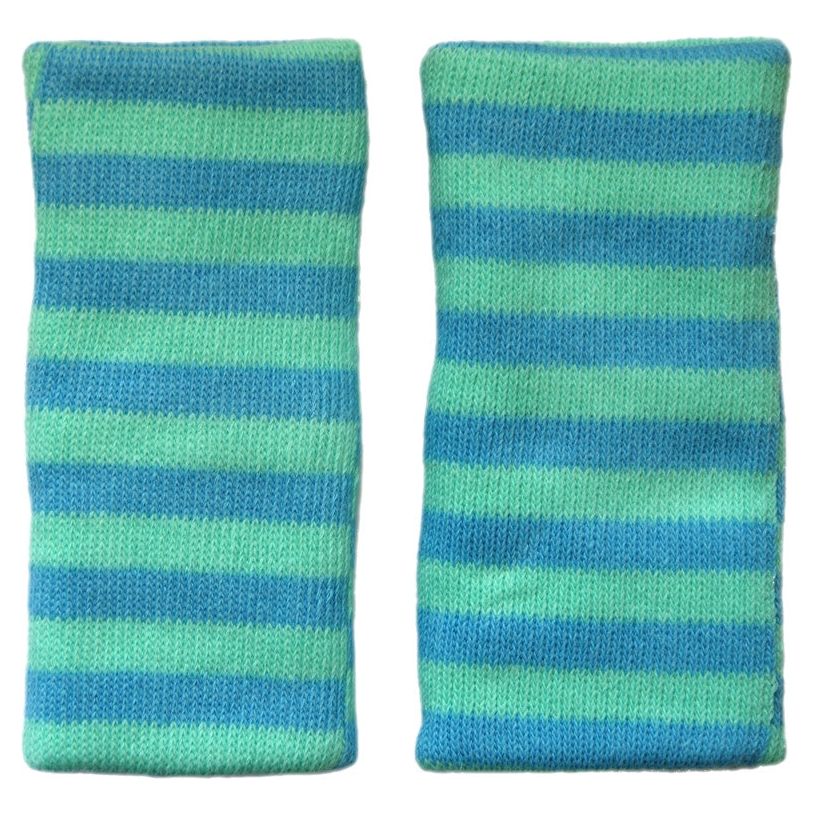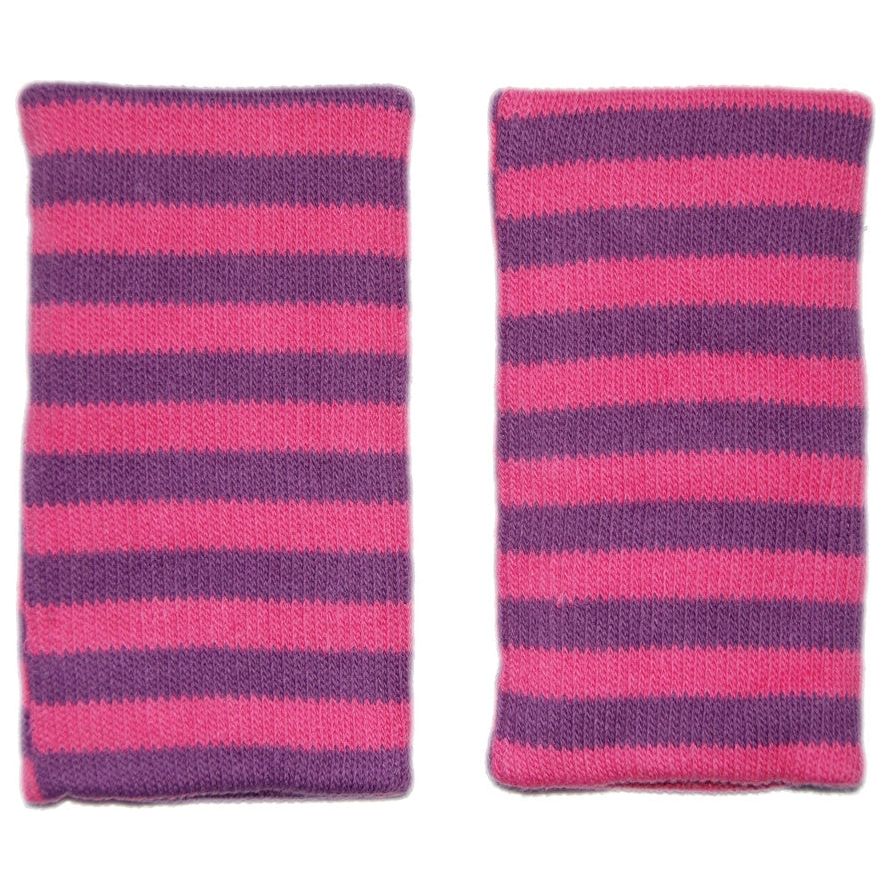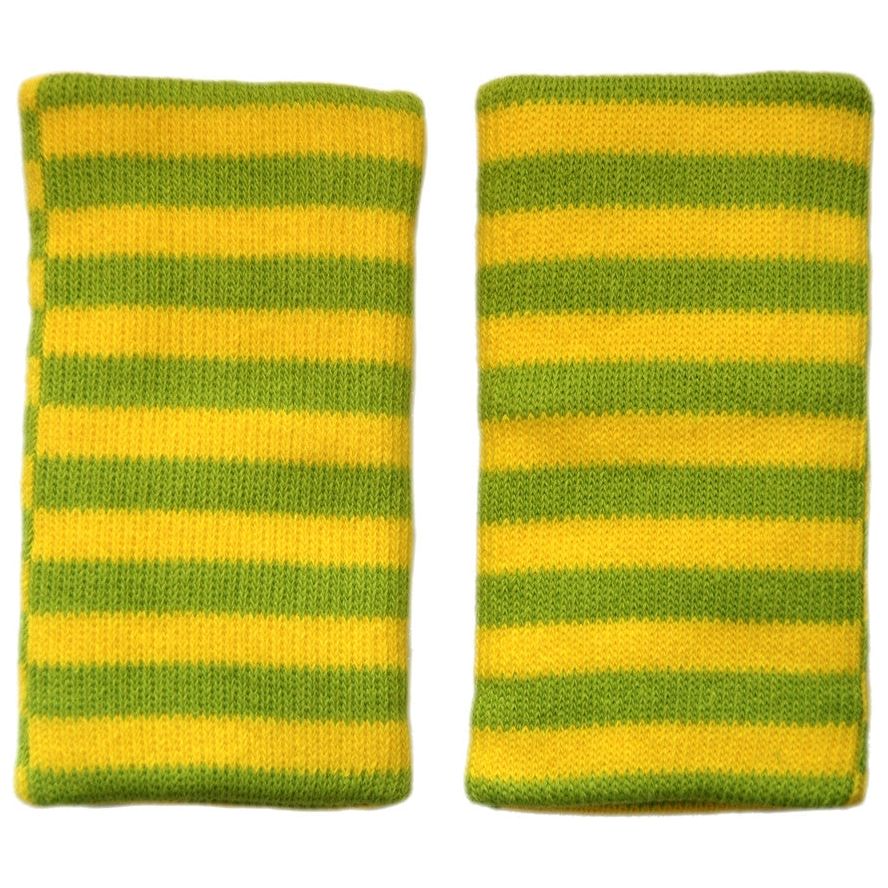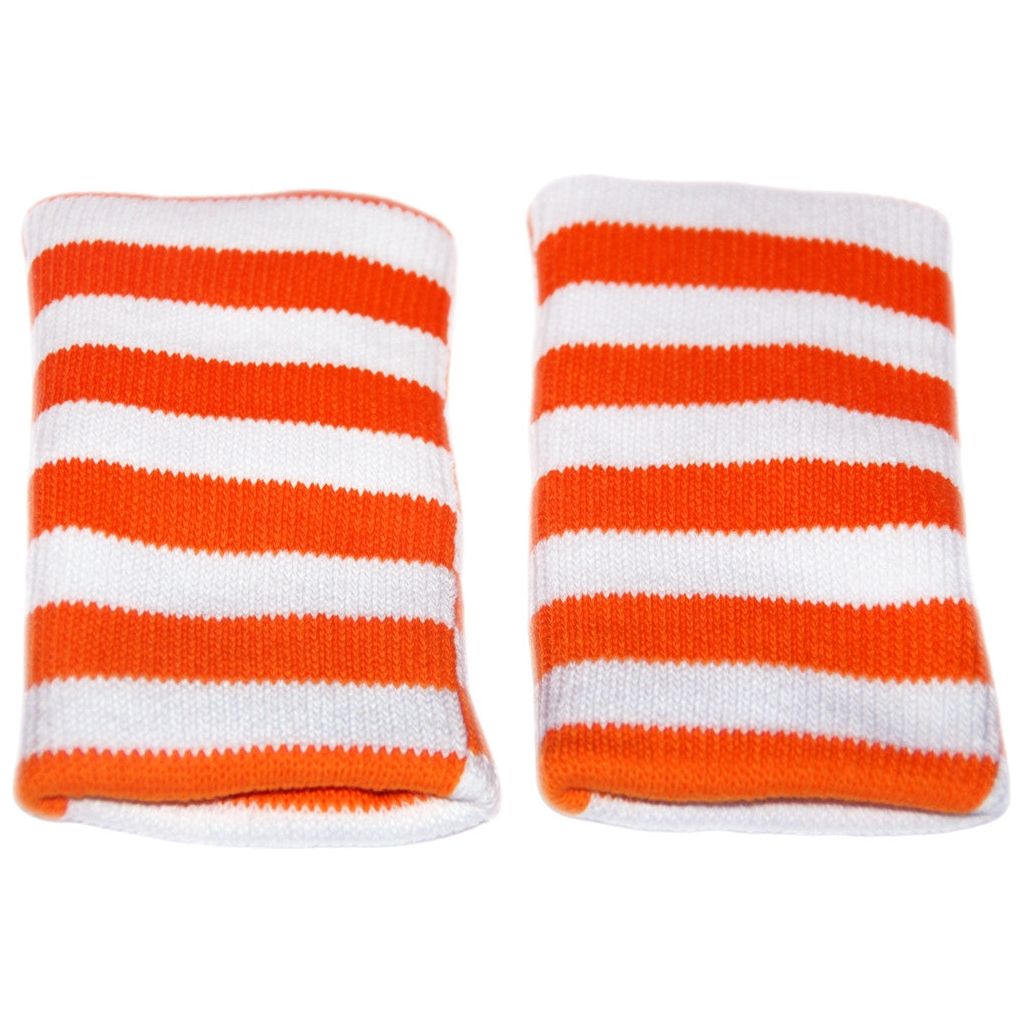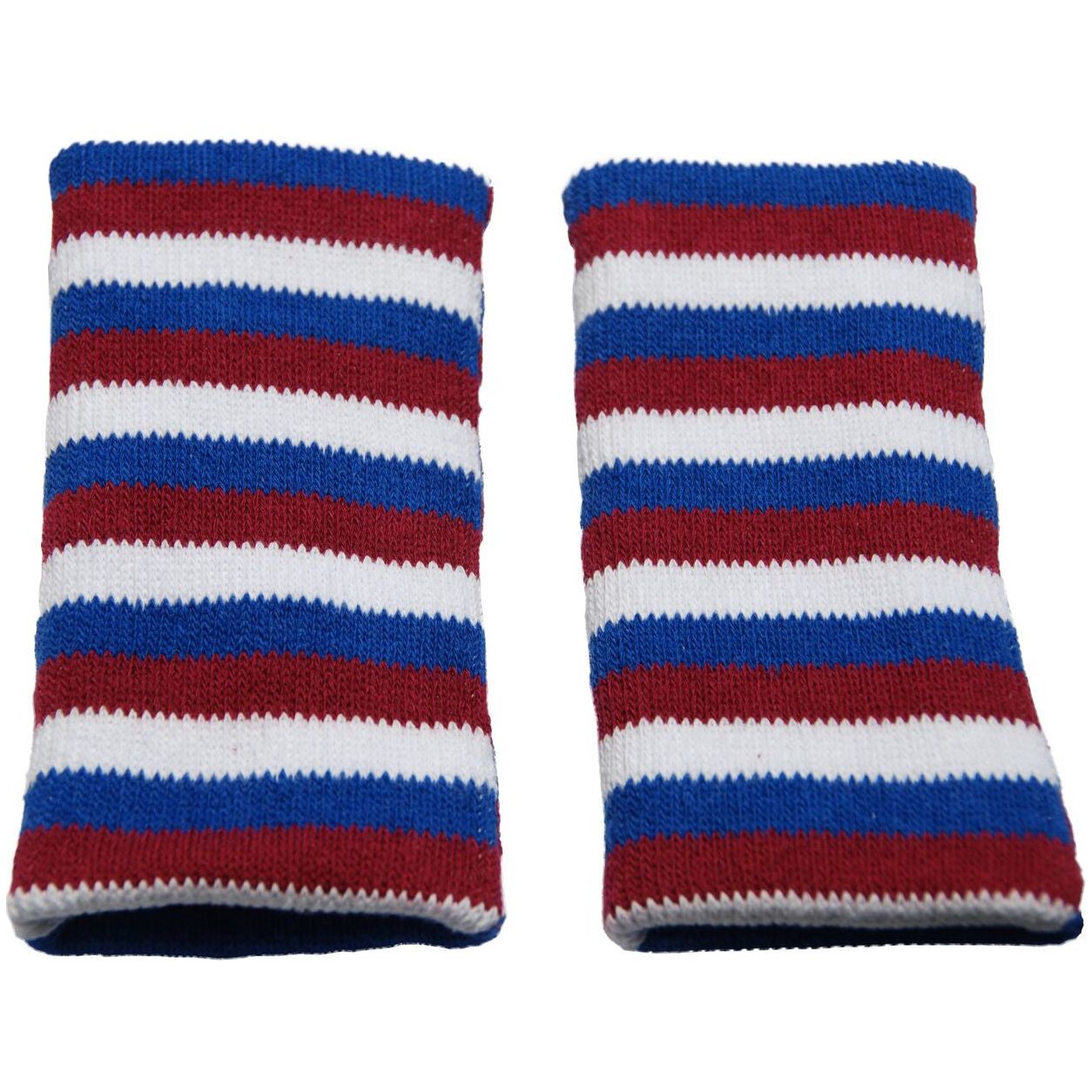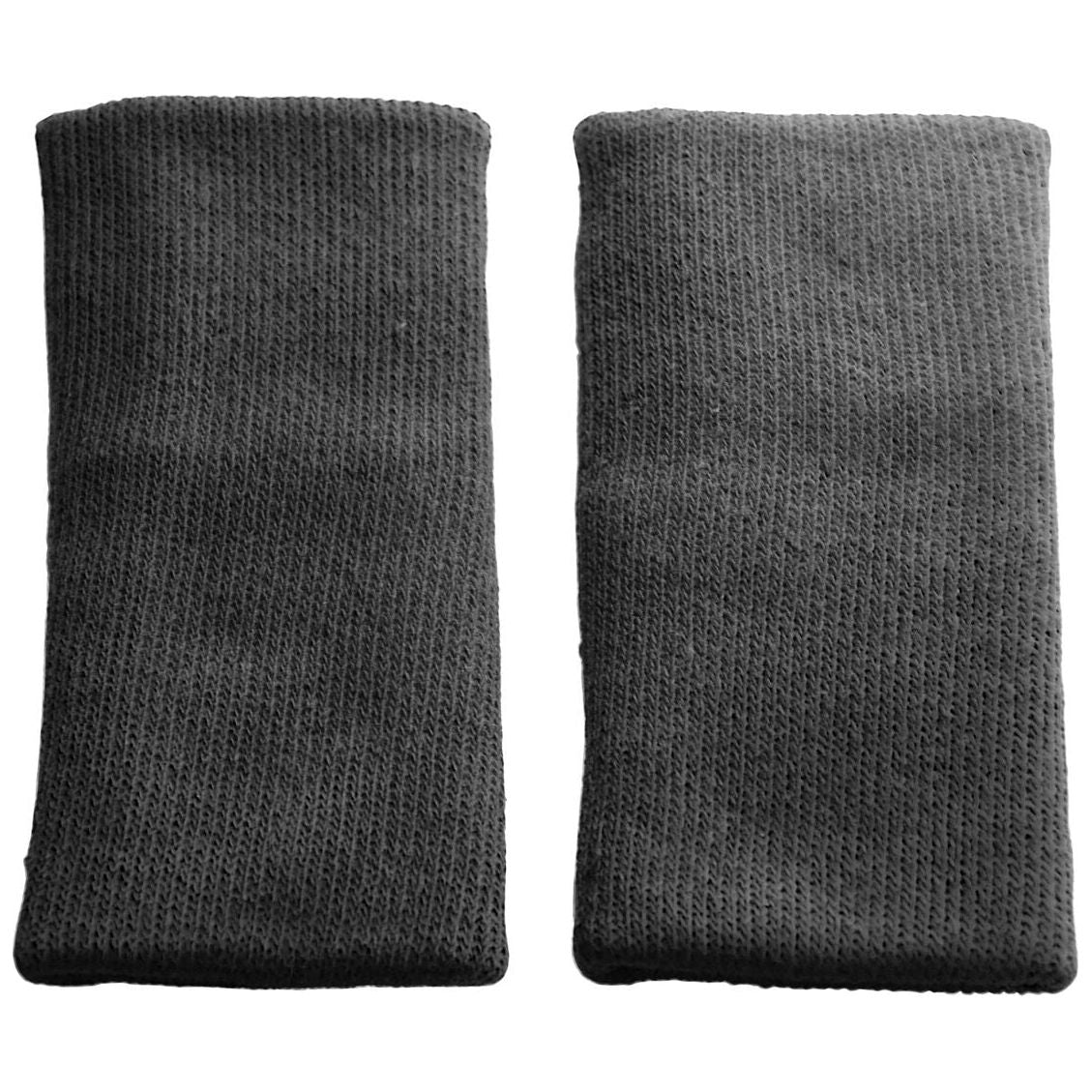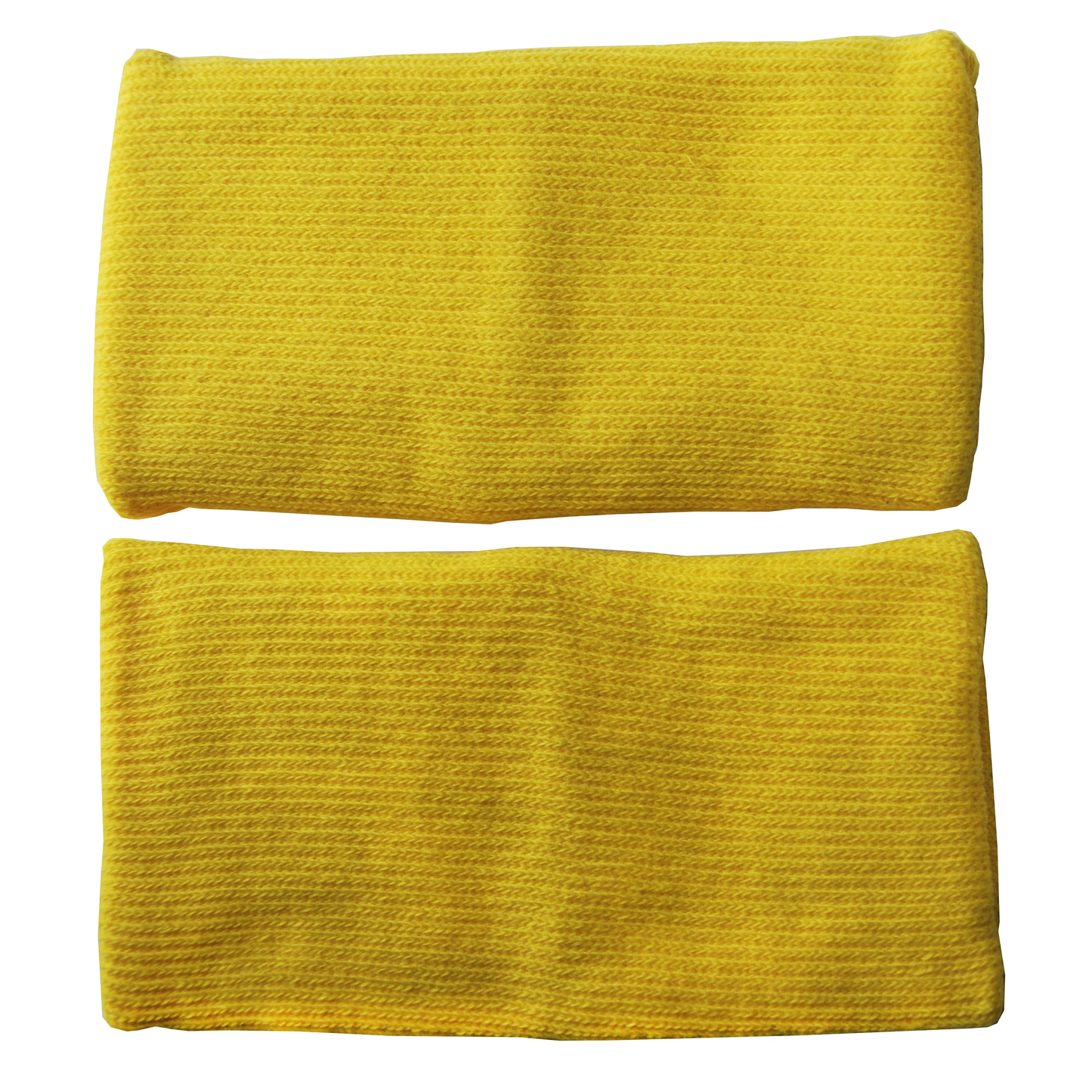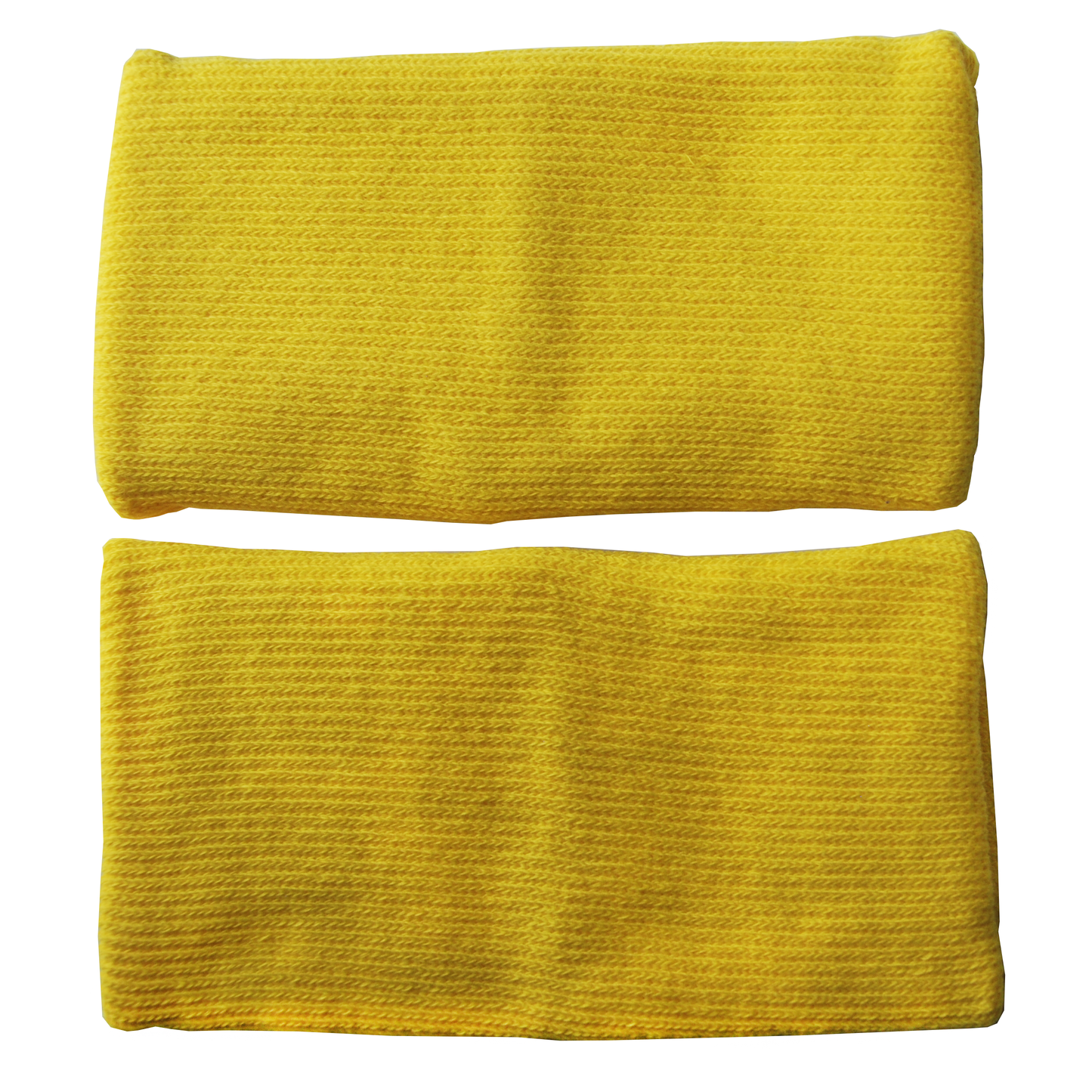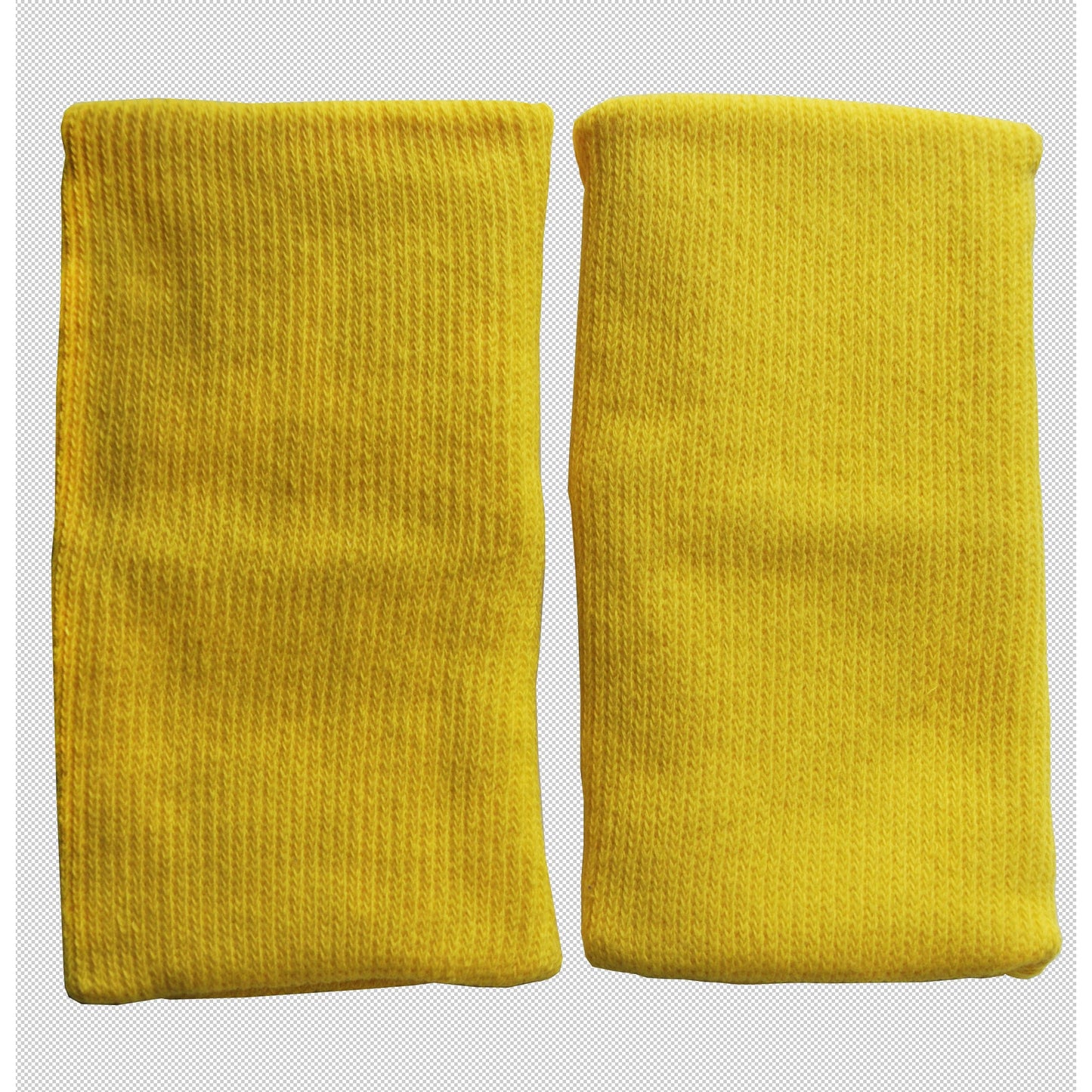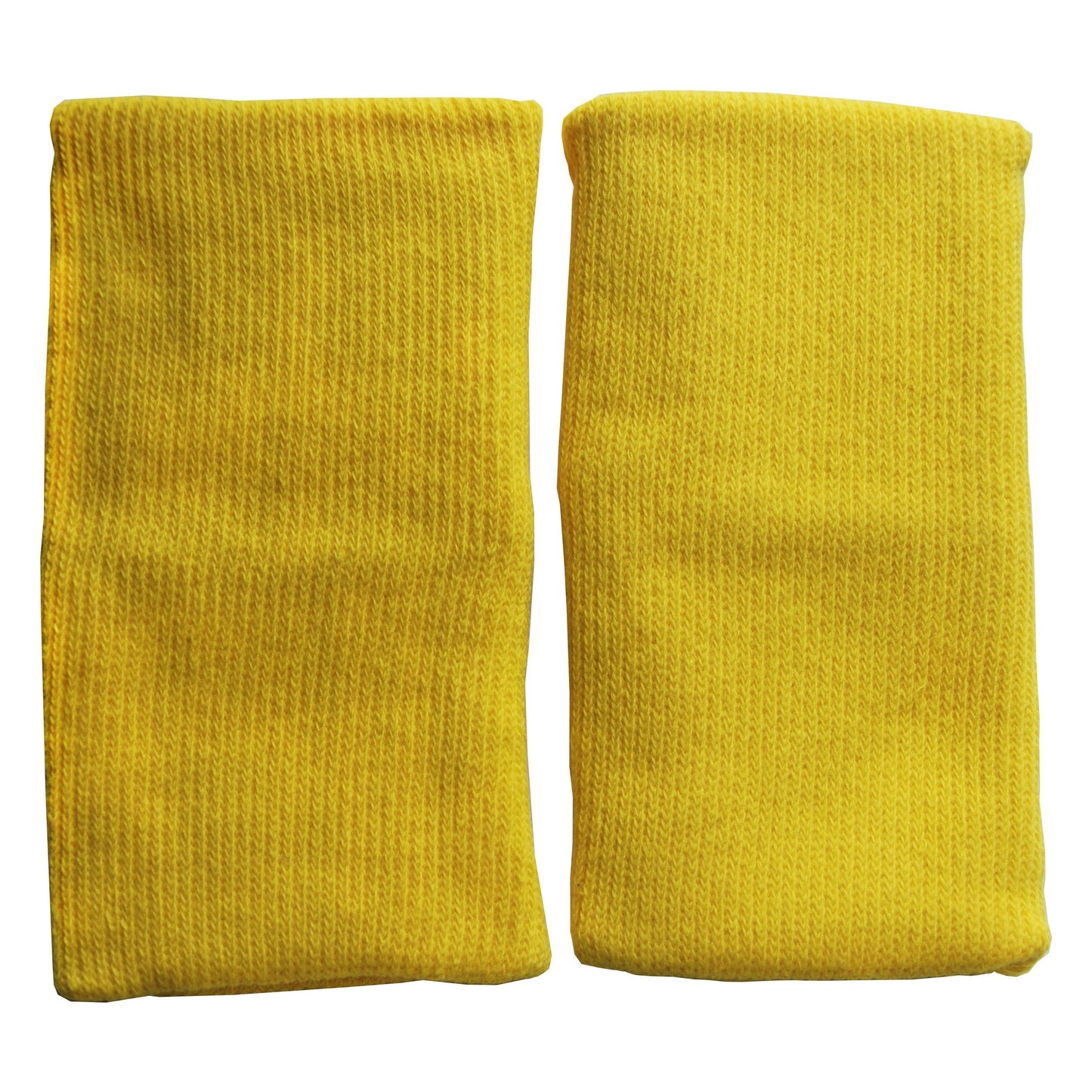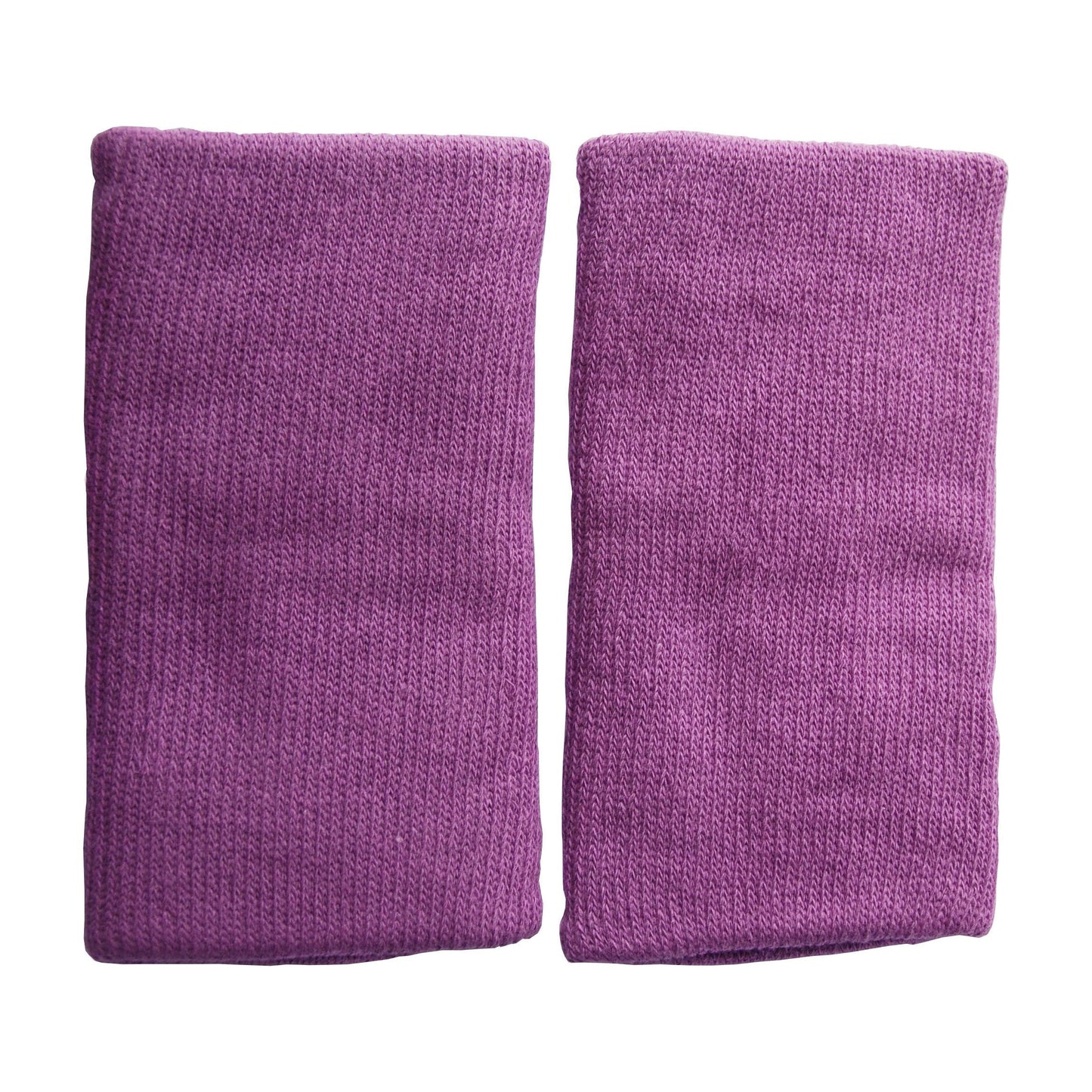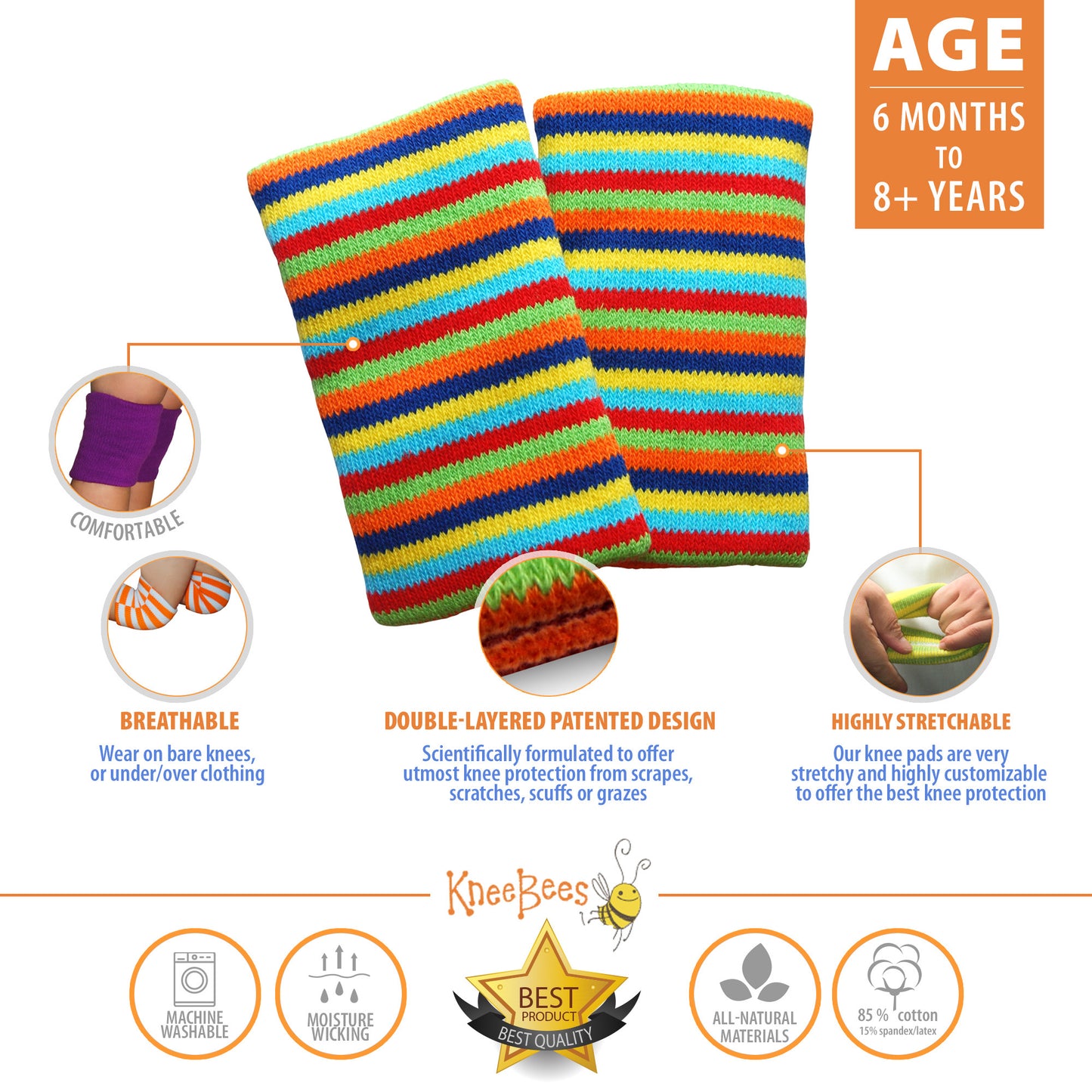Found on Lifehacker website, written by Shawn Greer. Great article on improving our children's vocabulary.

Image taken from www.achildgrows.com
"Eight Ways to Help Improve Your Child's Vocabulary
The basis of a lifelong love and talent for learning may very well be a solid vocabulary. A strong vocabulary helps foster understanding, communication, and reading ability. That's why parents should do what they can to help kids learn new words. It may seem like common sense, but simple activities that can help your children expand their vocabulary often get pushed aside in day to day life. Consider these oft-overlooked ways to help your child develop an impressive vocabulary for years to come. Like it or not, you're their teacher for all aspects of life!
Use Grown-Up Words in Normal Conversations While you want your children to understand you, that doesn't mean you can't introduce "big" words into their vocabulary. Pepper your conversations with words your child probably won't understand, but ones you'd likely use in conversation with an adult. Be sure to encourage your children to ask for clarification when they don't understand something, and be prepared to pause and explain. By not dumbing-down the way you speak to your kids, they'll pick up new words as you use them.
Let Your Child Tell the Story Perhaps you read nightly to your child or take turns doing so. Of course, this is an excellent way to expand reading and vocabulary skills. However, on occasion, feel free to put the book down and ask your child to create a story to tell you. You may want to provide the setting (a pirate ship, for example) and a problem the characters must face (stranded on a haunted island). Then, let your child take the reigns to wherever his or her imagination leads. Be sure to ask rhetorical questions during the story in order to introduce new words and concepts. If your child says, "The island was really hot," you could ask, "Was it a tropical island?" Make a point to use new words in regular conversations thereafter. Forcing them to articulate their ideas will have them reaching for new words, and you can also help them along with suggestions.
Converse Regularly In the same vein as having them tell stories, one way to improve your young child's vocabulary is by simply talking more. Start conversations frequently. For younger kids like toddlers and babies, you can just give them a play-by-play of your daily activities: "Now I'm putting the cookies in the oven," or, "I'm getting ready to go to work." Kids constantly absorb everything they hear. The more they hear you speak, the more you can teach them. As kids get older, give them a chance to speak more and practice their burgeoning vocabulary on you.
Play Word Games We all know about Scrabble, but there are a variety of other word games you can play with children. Several old-school favorites are Boggle, Hangman, and Apples to Apples. Further, seize on the value of your smartphone by downloading apps like 7 Little Words, What's the Word, and Word Stack. Apps like these can turn a few minutes waiting in line or riding in the car into an educational event. No doubt your kids are always trying to get a hold of your phone or tablet to play games, so these sorts of apps offer an opportunity to trick them into learning.
Label Household Items Using post-it notes to label household items is a fantastic way to introduce young children to an array of words. This is great for youngsters who are still learning simple words. No matter what age they're at—even if they're not talking yet—children will learn to associate the written word with the item it's attached to. Review each item with your child; pronounce the word and ask them (if old enough) to do the same. Lamps, clocks, beds, and kitchen items such as salt and pepper shakers are all items you can label—though anything in your home that your child interacts with works.
Pay More Attention to Your Kids' Vocabulary In short, you need to take a proactive role. If you want your children's language skills to improve, take their vocabulary questions seriously. When they express curiosity about a word, be sure to teach the correct definition and pronunciation. Do your best to simplify definitions, but provide copious detail and examples. If you're asked, "What does 'gigantic' mean?" say more than just "big." Also provide a comparison: An elephant is "big" when compared to a person, but "gigantic" when compared to an ant.
Correct Mistakes With Care It's natural for children to mispronounce or misuse new words. However, it's essential not to reprimand when they make such mistakes. Rather, applaud your child's attempt, point out what they got right, and then review the proper way to use and or speak the word. The more fun and positive an experience, the more interested and able your children will be in expanding their vocabulary.
And Be Patient You may need to repeat words and meanings multiple time before your child fully grasps the concept. This is completely normal. Further, if your neighbor's child has twice the vocabulary yours does, it's not worth stressing over. Remember, it's not a contest, and their vocabulary is no attestation to your value as a parent. Children develop at their own pace. The most important thing is to honor and balance their needs so that learning doesn't become a struggle. While you want them to get ahead, you don't want them to develop negative associations or undue stress with trying to do so. Ronald Marx, professor of educational psychology and dean of education at the University of Arizona, recently said, "Exposure to books, exposure to language, explanations for things, all give kids opportunities for language growth and success at reading." Take the time and energy needed to teach your kids - once you see their reading and writing skills improve, you'll be glad you did." 
Image from www.uni.edu
